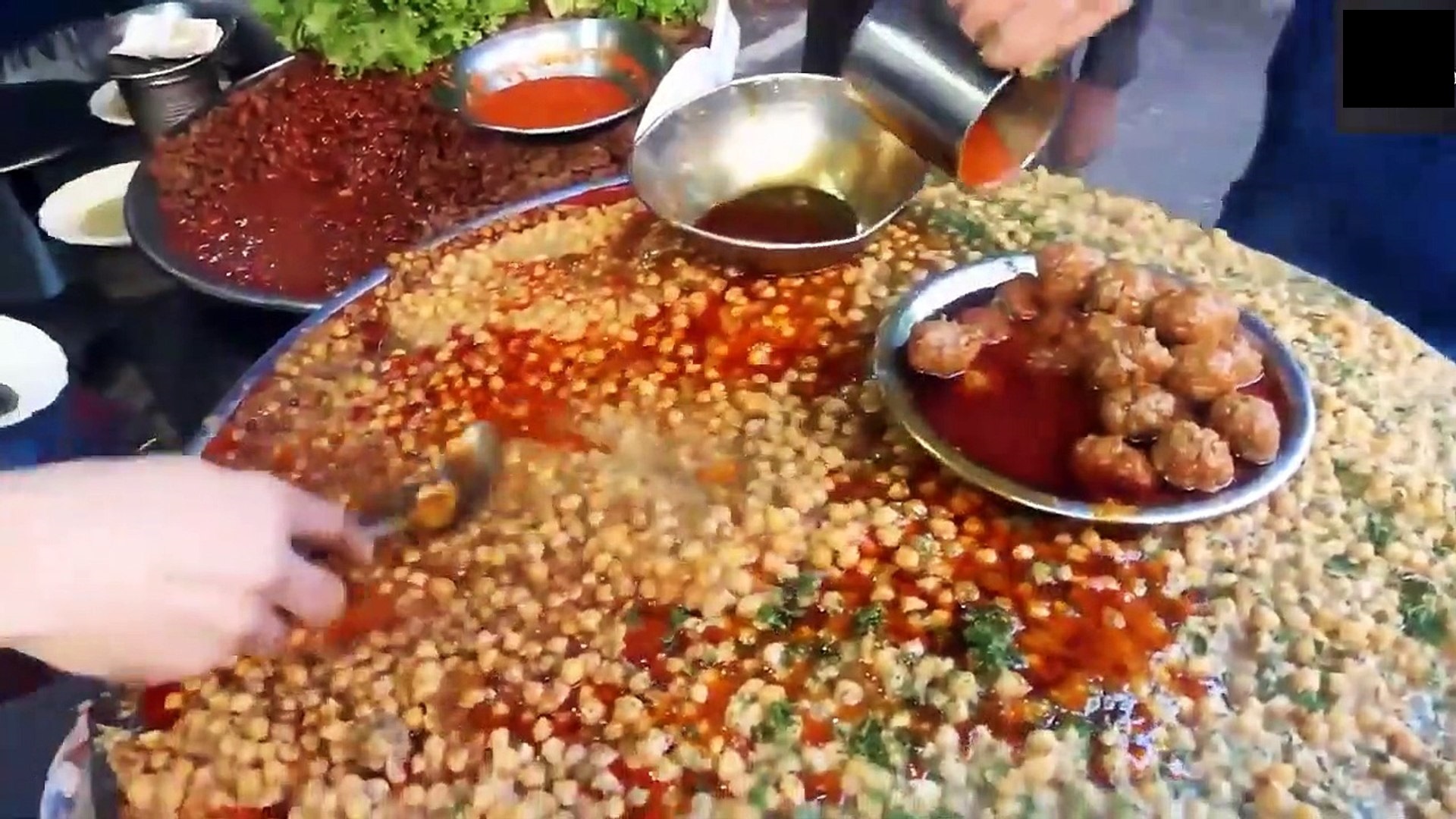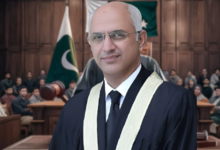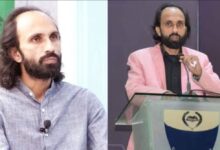Food industry – Not a Choice for Minorities in Malakand

PESHAWAR: Shahid Massieh was a janitorial worker who lost one of his legs in an accident, incapacitating him to continue his work. Hence, he decided to set up a food stall in the neighbourhood market which too failed to lessen his financial woes.
“People would shy away from purchasing food items from my stall,” added Shahid, a resident of Thana village district Malakand talking to The Reporters, adding that it was because of his religious background that hampered people from buying food items from him and his community.
He was of the view that the religious minority businessmen especially those from Christian and Hindu communities were facing discrimination in starting cafés and other small businesses serving food items as the Muslim community avoid buying food items from Christians and Hindus.
“There is no profit in the food business for religious minorities,” told a local Christian while requesting anonymity. “Christians can’t slaughter chickens because we do not recite the kalma. Many have faced fatwas (religious decrees) for not following the halal method,” he added.
A leader of the Christian community Farzan Massieh told The Reporters that religious minorities in Pakistan face employment issues and access to education despite their contributions towards national progress.
He maintained that government and army advertisements often offer only menial employment to religious minorities, for example, sanitation jobs. He said that unfortunately, in this society, sanitation work is specially attributed to the Christian community.
“This may be due to lack of education in our community, but societal behaviours are also responsible for this type of stereotyping of the Christian community,” Farzan opined.
Talking about selling food items, he said that although in routine activities his community members did not face any discriminatory treatment and lived in complete harmony; however, when it comes to selling food items, the majority Muslim community avoids buying these items from a Christian vendors.
“It is true that Muslims are reluctant to eat food prepared by non-Muslims; some even think it is “Harram” for Muslims,” according to Hamza Khan, a local Muslim citizen of Thanna.
He argued that because everyone is conscious about faith matters, it is not simply a phenomenon limited to Malakand, adding that if any non-Muslim community member offers food to Muslim residents, they take it but refuse to consume it.
Mr. Khan went on to say that it is human nature. Even in India Hindus treats Muslims differently and even physically torture them because of their religion.
Farzan Massieh further maintained that there are very few business opportunities for members of his community. He said that due to the lack of resources his community members could not start large-scale businesses, adding that the societal behaviours did not allow the religious minorities to start small businesses of food items.
“In the past, some young people of our community had started a small business of selling pakorras and choly (fritters and chick-pea); however, they failed to attract customers due to discriminatory societal behaviours,” he recalled.
While seconding the views of the Christian leader, Pandat Premnath – a Hindu community leader – said that his community members face discriminatory behaviour while selling food items as no one is willing to buy food items from a Hindu shopkeeper, a restaurant run by a Hindu or a Hindu vendor.
Responding to a question, he said that majority of his community members belong to a lower economic class and are unable to start a general store or a large-scale business due to the lack of financial resources.
On the other hand, small businesses could be started with a few thousand rupees; however, his community members can not start small businesses like selling choly, samosa chaat etc due to discriminatory behaviours of the society.
The data available with Centre for Social Justice from NADRA in published March 2022 shows that there are 186,890,601 total population registered with the authority including 182,591,861 Muslims, 1,873,348 Christians, 2,201,566 Hindus, 188,340 Ahmadis, 7,413 Sikhs, 14,537 Baha’i and 3,917 Parsi.
Eleven religious minority communities that are registered with NADRA were less than two thousand population i.e. Buddhist 1,787, Chinese Folk 1,151, Shintoism 628, Spiritism 95, Judaism 812, African Ethnic 1,418, Kalasha 1,522, Atheism 1,346, Jainism 6, Non-Religionism 781, Taoism 73. It further adds that there are categories of religious minorities living in Pakistan.
While talking about other issues, Farzan Massieh said that recently in gross violation of religious minorities’ rights, members from the Muslim community were appointed to posts allocated for the religious minorities in a government department. He demanded of the administration to appoint members from the religious minority community to posts allocated for them.
While talking to The Reporters, Peter Jacob – Executive Director of the Centre for Social Justice (CSJ) – said that the Malakand district of Khyber Pakhtunkhwa province is a vast and beautiful region; however, due to the growing influence of religious political parties, the area has turned indifferent and intolerant towards religious minorities.
“We have not only heard of incidents of violence towards the Sikh community but also incidents of violence against Hindus and Christians have been voiced and complained,” he said.
He demanded of the concerned people responsible for maintaining peace, social cohesion and prosperity in the region to play their role in maintaining social cohesion among members of different religious groups in the area.
While talking to The Reporters, President of the Inter-Religious Harmony Committee, Allama Izhar Bukhari, said that in Islam eating only haram things is prohibited, if the halal food is made by a person belonging to any religion, there is no harm in eating it.
He said that our Prophet had eaten together with non-Muslims on various occasions. He further said that it is the responsibility of scholars of all the religions to collectively organize such events in which people of all religions can participate, interact, eat and drink together so that the misconception could be eliminated.
There are eighty-plus Hindu families, 159 Christian families and 80 Sikh families across the Malakand district. There is only one church in Dargai and one in Malakand; whereas, one temple (mandar) in Malakand.
Farzan Massieh demanded of the government to play its due role in educating the youth of the Christian community, offer scholarships to young people for higher education, ensure free education up to grade 12 and run campaigns for enrolling children of the Christian community into schools. He also demanded admissions quota for religious minorities in public sector educational institutions.
Regarding the security situation, he expressed complete satisfaction over the security arrangements and maintained that there is no security issue for the Hindu community.
Hamad Nawaz, a local journalist who covers Human Rights issues in Malakand, said it is true that Muslim community members have a discriminatory behavior with the minorities in term of food related business but in other business they don’t have any problem, adding that they don’t have any obstacle in performing their religious rituals and celebrating religious days even sometimes Muslims also help them in arrangements for their religious occasions, he maintained.
Samson Salamat, President Rawadari Organization told The Reporters that this discriminatory behavior is not only a matter of Malakand district, if a Christian or a Hindu set up a cart of pakoras or sell chana dal and rice in Lahore, he will be treated the same way.




